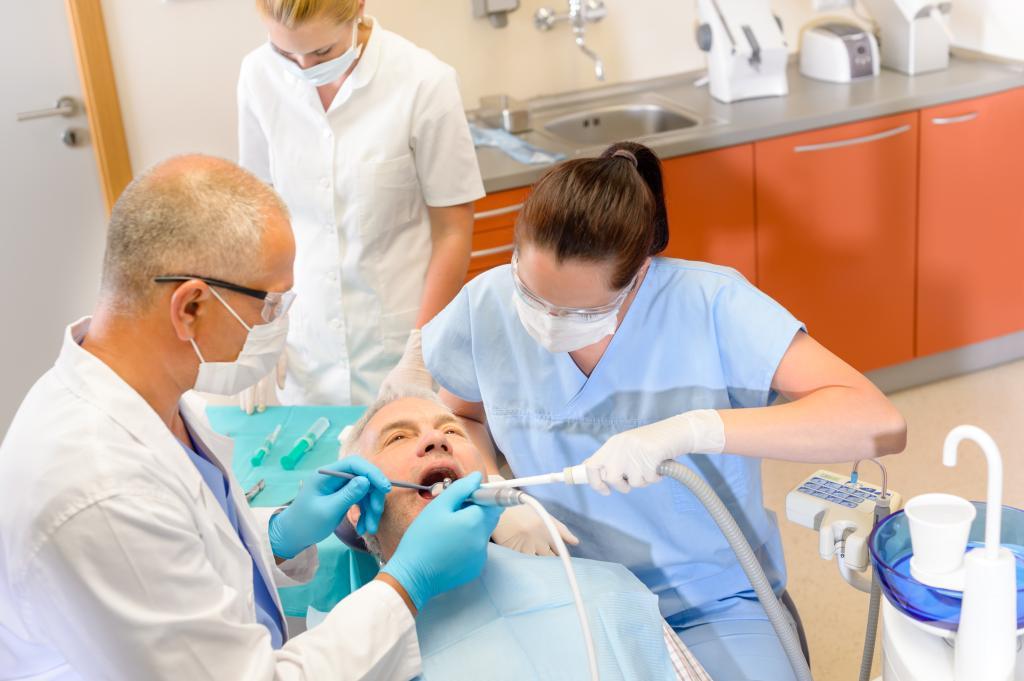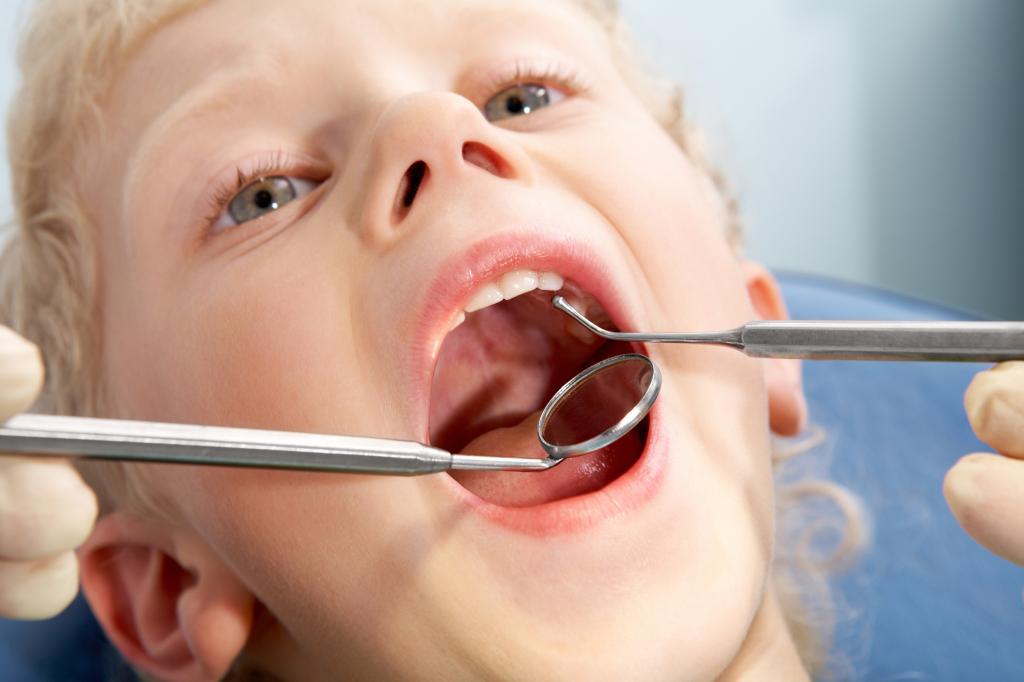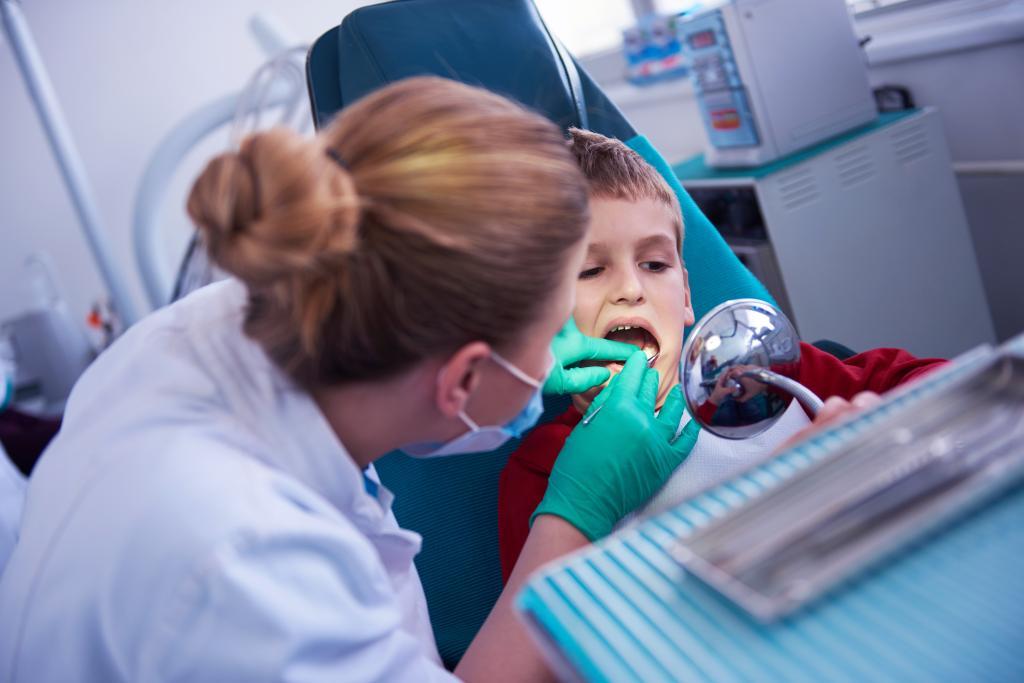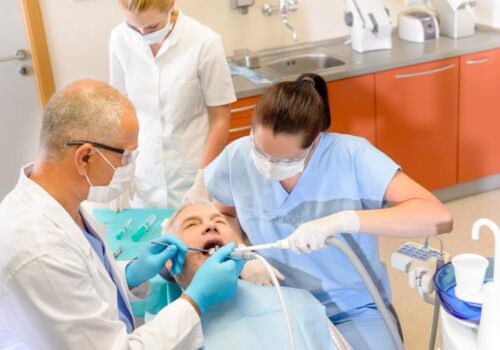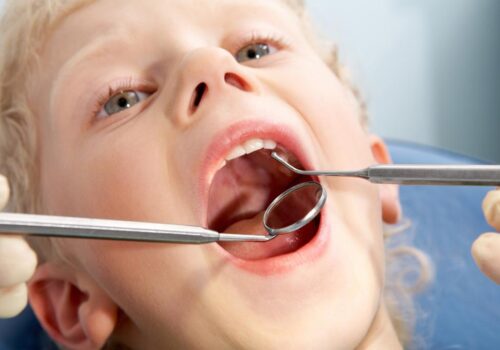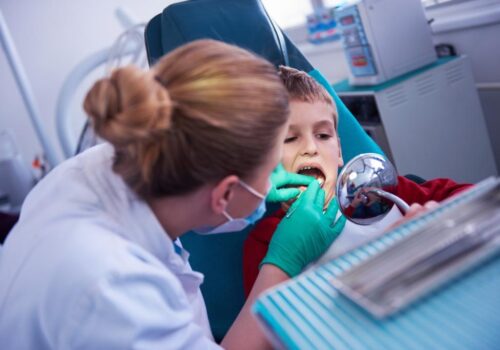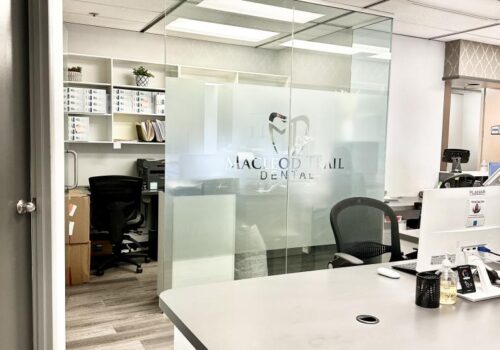I. Emergency Dentist Calgary
A. Definition of an Emergency Dentist
An emergency dentist is a dental professional who provides immediate care for urgent dental issues. Unlike regular dental services that usually require appointments scheduled in advance, emergency dentists are geared toward addressing sudden and severe dental problems that demand prompt attention.
Role in Dental Care: Emergency dentists deal primarily with acute issues such as intense pain, infections, and injuries that need immediate intervention to alleviate discomfort and prevent further complications.
Differences from Regular Dental Services: Regular dental services typically focus on preventative care and routine treatments like cleanings, fillings, and check-ups, whereas emergency dentistry zeroes in on urgent cases requiring swift action.
B. Importance of Emergency Dental Services
Pain Relief and Immediate Attention: The most significant advantage of emergency dental services is the instant relief they provide. Whether you’re suffering from a severe toothache or a traumatic dental injury, emergency services are crucial for immediate pain management.
Prevention of Further Complications: Rapid treatment can preclude minor issues from becoming major health concerns. For instance, addressing an abscess early on can prevent the infection from spreading.
C. Focus on Calgary
Overview of Calgary's Healthcare System: Calgary boasts a sophisticated healthcare infrastructure, backed by a network of skilled medical professionals, including emergency dentists who cater to the urgent dental needs of the population.
Availability and Demand for Emergency Dental Services in Calgary: With a growing population, the demand for emergency dental services has surged. Calgary residents can access numerous clinics that offer 24/7 emergency dental care to meet this need.
II. Common Dental Emergencies
A. Toothaches
Symptoms and Causes: Toothaches can be caused by cavities, gum infection, or exposed roots. Symptoms range from mild discomfort to excruciating pain.
When It's Considered an Emergency: Persistent and severe pain typically qualifies a toothache as an emergency, especially if it is accompanied by swelling or fever.
B. Broken or Chipped Teeth
Types of Injuries: This includes minor chips, major fractures, and broken teeth that may expose pulp and nerves.
Immediate Care Steps: Rinse the mouth with warm water, apply a cold compress to reduce swelling, and store any broken pieces in milk until you reach a dentist.
C. Knocked-Out Teeth (Avulsed Tooth)
First Aid Measures: Hold the tooth by the crown, rinse it gently, and try to reinsert it into the socket. If this isn't possible, store it in a saline solution or milk.
Importance of Timely Intervention: Reimplanting the tooth within an hour increases the chances of saving it.
D. Lost Fillings or Crowns
Risks Associated with Lost Dental Work: Missing fillings or crowns can expose sensitive areas to bacteria, leading to decay or infection.
Temporary Solutions Until Professional Help Is Available: Over-the-counter dental cement can serve as a temporary fix.
E. Abscesses or Infections
Indicators of an Abscess: Symptoms include severe pain, swelling, fever, and a bad taste in the mouth due to pus discharge.
Potential Serious Consequences if Untreated: An untreated abscess can lead to a systemic infection, which can be life-threatening.
F. Soft Tissue Injuries
Lip, Tongue, or Cheek Injuries: These can result from bites, falls, or sports-related incidents.
First Response Protocols: Clean the area gently, apply ice to reduce swelling, and seek professional care if bleeding persists.
A. Criteria for Selecting an Emergency Dentist
Qualifications and Certifications: Ensure the dentist has the necessary credentials and specific training in emergency dental procedures.
Availability and Operating Hours: Look for clinics with 24/7 availability to handle emergencies at any time.
B. Recommended Clinics and Practitioners
Reputed Dental Emergency Services in Calgary: Several clinics come highly recommended, including [List names of reputed clinics].
Contact Information and Accessibility: Have contact details and addresses handy for quick access.
C. Patient Reviews and Testimonials
Sources for Feedback: Online platforms such as Google Reviews, Yelp, and Healthgrades can provide helpful insights into patient experiences.
Importance of Patient Experiences: Real-world testimonials can guide you in selecting a reliable emergency dentist.
IV. Dental Emergency Procedures
A. Assessment and Diagnosis
Initial Examination: A thorough evaluation to determine the nature and extent of the emergency.
Diagnostic Tools and Technologies: X-rays and other diagnostic tools are employed for a precise assessment.
Pain Management Techniques: Medications and anesthetics are used to alleviate pain swiftly.
Quick Fixes and Definitive Treatments: Temporary measures may be employed before definitive treatments are administered.
C. Follow-Up Care and Prevention
Aftercare Instructions: Detailed guidance on post-treatment care to ensure proper healing.
Strategies to Prevent Recurrence: Recommendations may include regular check-ups, better oral hygiene practices, and lifestyle changes.
V. Costs and Insurance
A. Understanding the Costs
Average Costs for Different Procedures: The cost can vary depending on the severity of the emergency and the required treatment.
Factors Affecting Pricing: Factors include complexity, materials used, and the clinic's location.
B. Insurance Coverage
Types of Dental Insurance Plans: Coverage details can vary widely between different plans.
Coverage of Emergency Procedures: Review your insurance policy to understand what emergency treatments are covered.
C. Financial Aid and Support Programs
Options Available for Funding Emergency Dental Care: Look for programs and grants that can assist with the financial burden.
Local Resources in Calgary: Various local organizations may provide financial support for those in need.
VI. Tips for Handling Dental Emergencies
A. At-Home Care
First Aid Measures Before Reaching a Dentist: Knowing basic first aid can help manage pain and prevent further damage.
Items to Keep in a Dental Emergency Kit: Essentials include gauze, pain relievers, a small container, and dental cement.
B. Preventative Measures
Regular Dental Check-Ups: Routine visits can help identify and address potential issues before they become emergencies.
Protective Gear for Physical Activities: Using mouthguards during sports can prevent injuries.
C. Educating Yourself and Family
Recognizing Signs of a Dental Emergency: Early recognition can lead to timely intervention.
Training in Basic First Aid: Educate family members on how to handle dental emergencies.
VII. Conclusion
A. Recap of the Importance of Emergency Dental Services
Emergency dental services play a crucial role in providing immediate relief and preventing more severe health problems.
Never hesitate to seek help. Prompt action can save your teeth and overall health.
C. Final Thoughts on Maintaining Dental Health and Readiness for Emergencies
Maintaining good dental health through regular check-ups and being prepared for emergencies can significantly reduce their occurrence and severity.
FAQs
Q: What qualifies as a dental emergency? A: Severe pain, swelling, persistent bleeding, or any injury to the teeth or gums should be treated as emergencies.
Q: Can a tooth be saved if it’s been knocked out? A: Yes, if the tooth is reinserted within an hour and cared for properly.
Q: How can I manage tooth pain before seeing a dentist? A: Rinse your mouth with warm water, use a cold compress, and take over-the-counter pain relievers.
Q: Are emergency dental services more expensive? A: Emergency services can be costlier due to the immediate nature and specific care involved.
Q: Does insurance cover dental emergencies? A: Many insurance plans cover emergency procedures, but it’s best to check your specific policy details.
